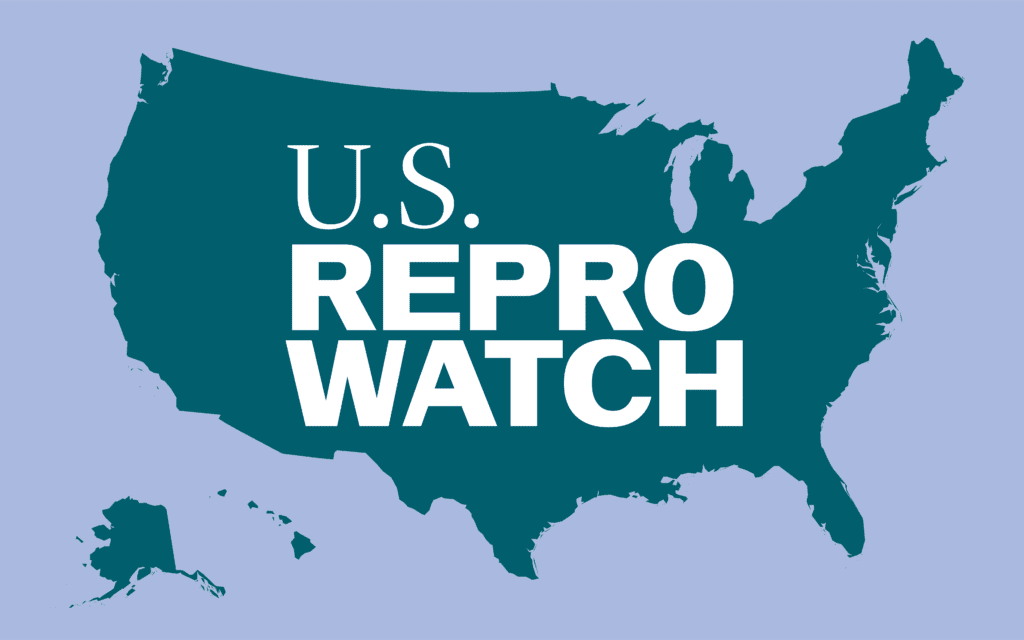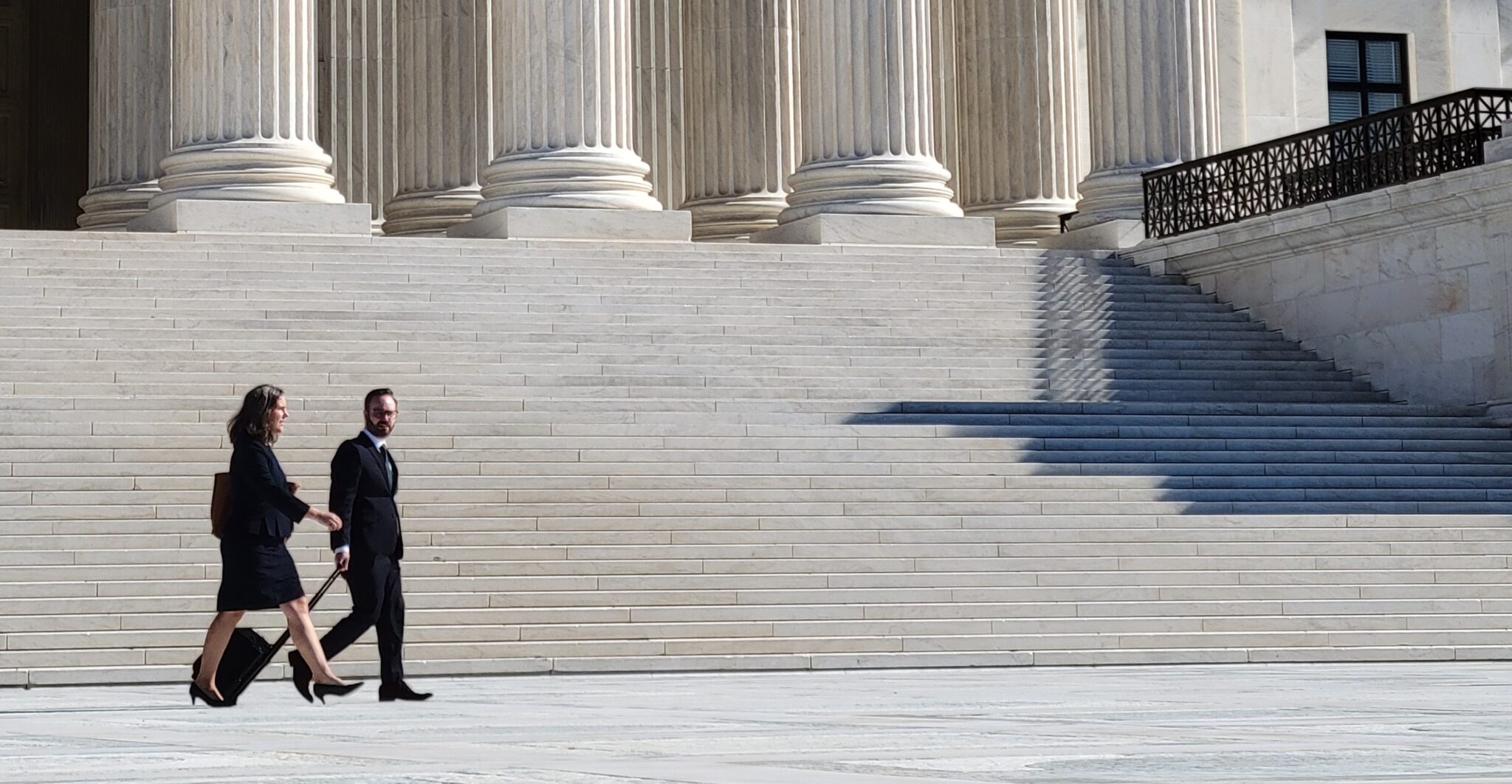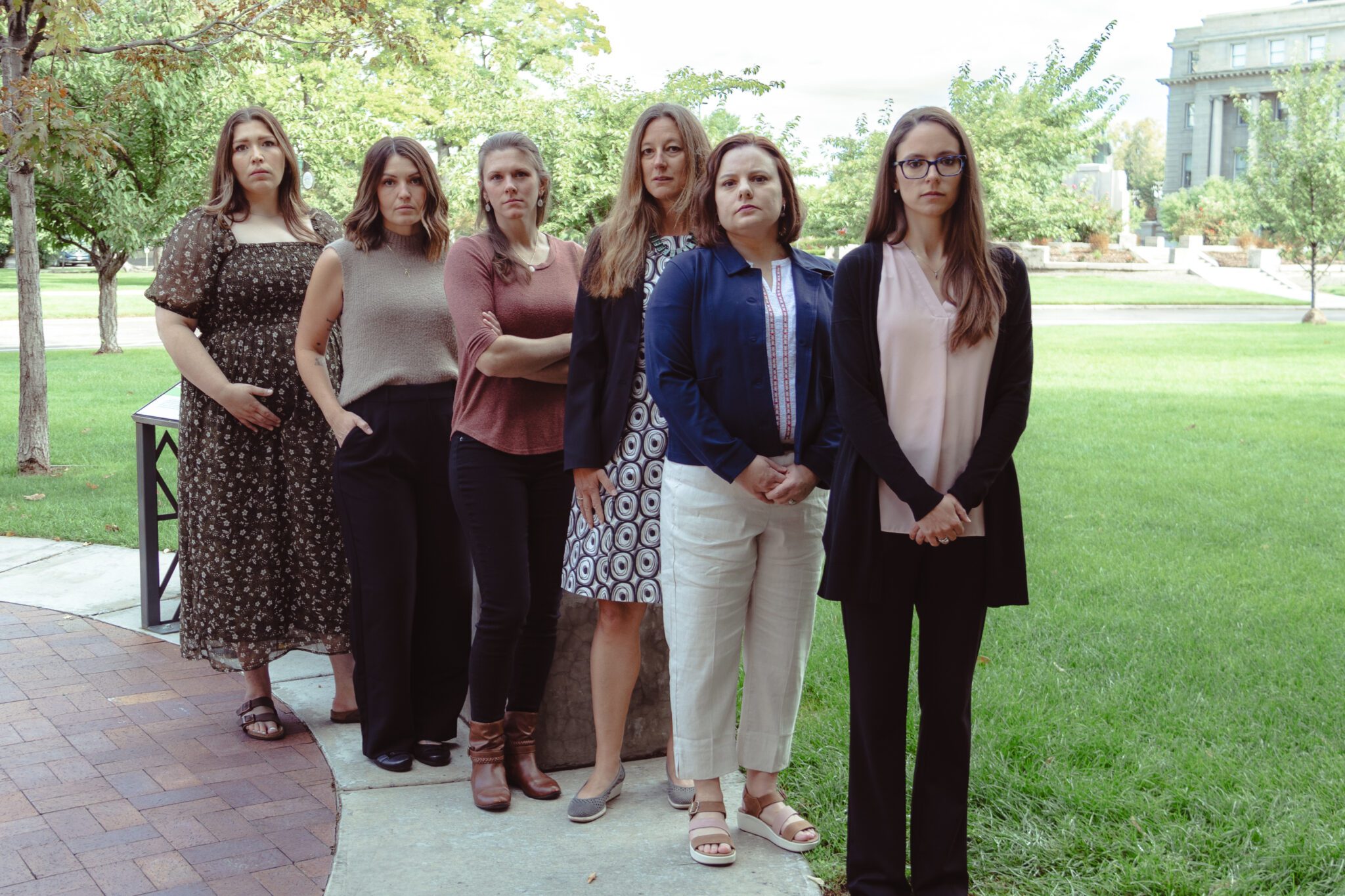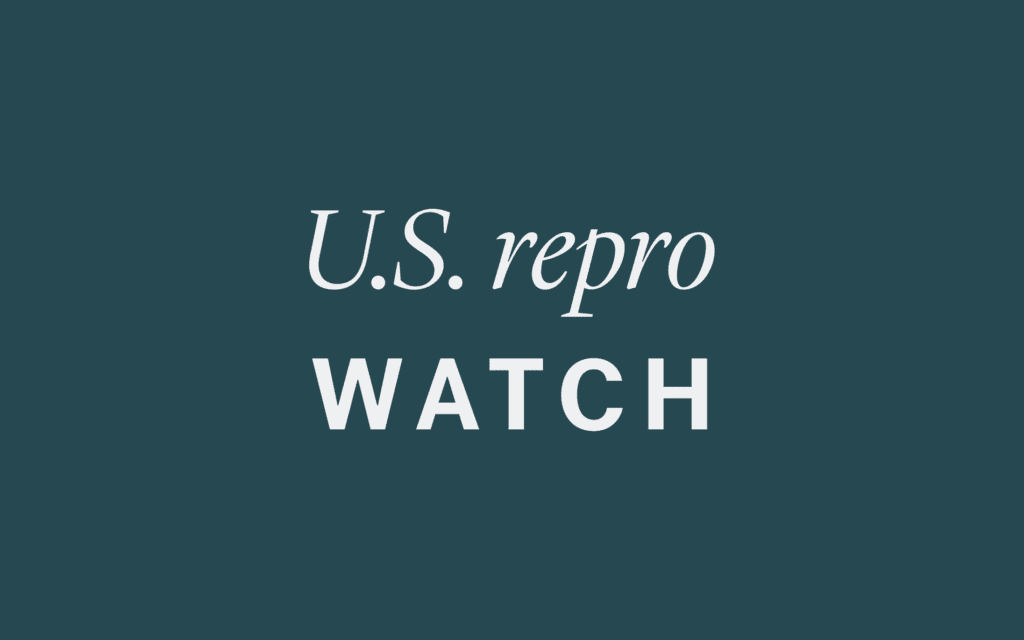U.S. Repro Watch, September 13
Center files complaints on behalf of women denied abortion care, research shows abortions increased in 2023, and other news on U.S. reproductive rights.

U.S. Repro Watch provides periodic updates on news of interest on U.S. reproductive rights. Here are a few recent items you won’t want to miss:
1. The Center for Reproductive Rights expanded its work on behalf of women denied abortion care by filing parallel complaints in Idaho, Tennessee and Oklahoma.
- Filed September 12, the new complaints seek to ensure that people facing severe pregnancy complications in those states can access abortion care and that doctors have clarity on “medical emergency” exceptions in their states’ abortion bans.
- These new actions build on the Center’s work that started in Zurawski v. State of Texas—the country’s first lawsuit representing women denied abortion care since the U.S. Supreme Court eliminated the constitutional right to abortion.
- In addition to eight women who were denied care, the Center is representing a local Idaho medical association and four physicians.
- Read more about the filings, including stories of the patients and doctors and a replay of the press conference, here.
Read more.
Recent Case Highlights
Get an update on the latest rulings and developments on the Center’s cases.
2. In other U.S. state news:
- Michigan lawmakers introduced the Reproductive Health Act package to repeal several medically unnecessary abortion restrictions, including a 24-hour waiting period.
- Alabama Attorney General Steve Marshall doubled down on threats to restrict out-of-state travel for abortion care.
- Pennsylvania Gov. Josh Shapiro announced plans to end the state’s decades-long funding of anti-abortion centers.
3. In international news, the Mexico Supreme Court issued a historic decision decriminalizing abortion.
- Issued September 6, the court’s landmark ruling makes abortion legal at the federal level, protecting those seeking and providing abortion care at federal healthcare facilities.
- In its decision, the high court wrote: “The criminalization of abortion constitutes an act of violence and discrimination based on gender, as it perpetuates the stereotype that women and pregnant individuals can only exercise their sexuality for procreation and reinforces the gender role that imposes motherhood as a compulsory destiny.”
Patients’ and Physicians’ Stories
Read about the experiences of the women and physicians being represented by the Center in the new legal actions in Idaho, Tennessee and Oklahoma.
Did you know?
Despite the U.S. Supreme Court’s 2022 ruling overturning Roe v. Wade, abortions in the first six months of 2023 increased significantly compared with 2020—particularly in states with abortion access that border states that have banned or restricted abortion. According to new research from the Guttmacher Institute, Colorado saw an 89% increase and New Mexico a 220% increase. South Carolina saw a 124% increase but has since enacted a six-week abortion ban.
However, traveling to a neighboring state to access abortion care “doesn’t come without a cost,” points out Isaac Maddow-Zimet, the lead researcher on the report, in a New York Times piece. “Just because someone isn’t denied an abortion doesn’t mean it was an easy experience. And we know that some can’t leave their state.”
U.S. Repro Watch
Read previous U.S. Repro Watch posts.
Coming Up
Sept. 21 @ 9 a.m. ET: Hearing on North Carolina’s 12-week ban provisions.
- A federal district court will be hearing arguments over whether to block portions of North Carolina’s recently enacted 12-week ban. One of the provisions that the plaintiffs are seeking to block is a requirement that abortions after 12 weeks of pregnancy take place at a hospital, which is set to take effect on October 1.



